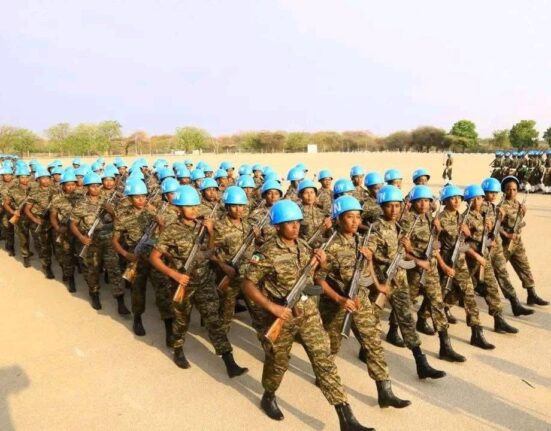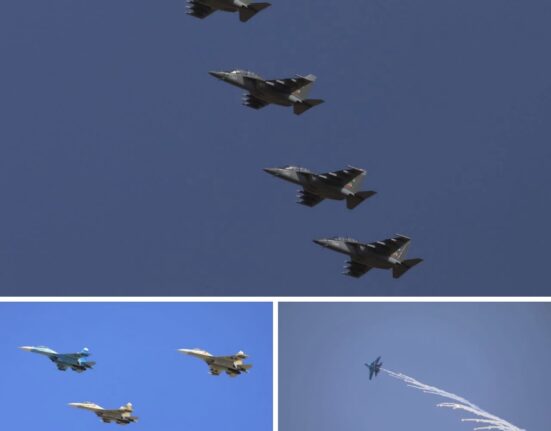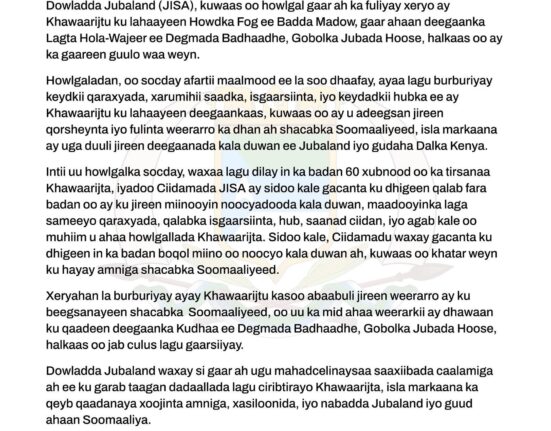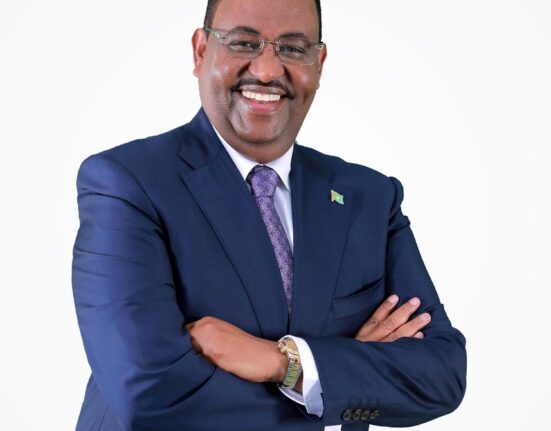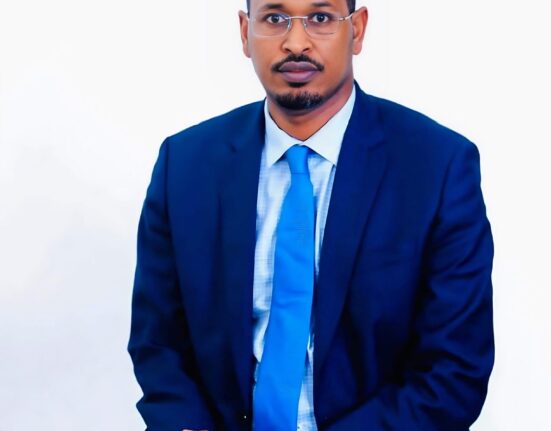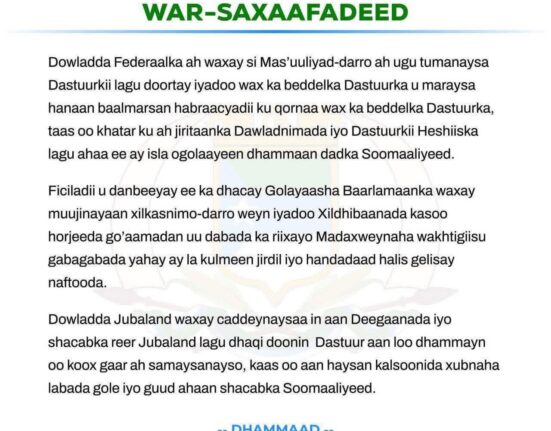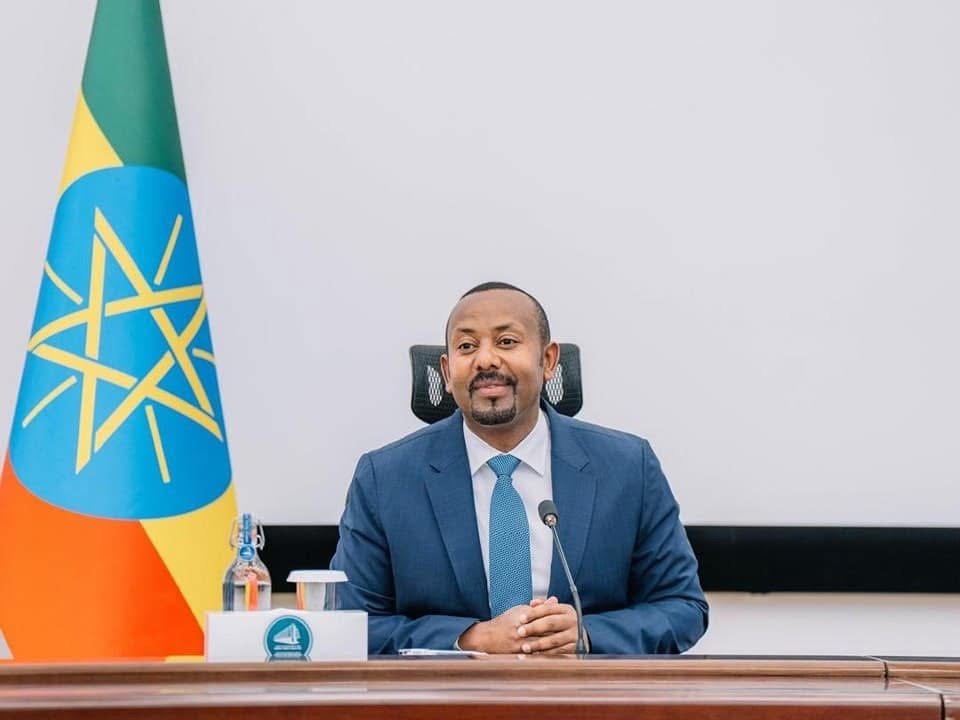
Addis Ababa, Ethiopia – June 18, 2025 — Prime Minister Abiy Ahmed held discussions with opposition political parties on Wednesday as part of an ongoing series of stakeholder consultations. However, major Oromo opposition parties—the Oromo Liberation Front (OLF) and the Oromo Federalist Congress (OFC)—were notably absent from the session.
In a post shared on his official social media channels, Prime Minister Abiy highlighted the importance of expanding the political space since 2018, stating that his administration has worked to “foster a democratic environment—shifting from a long-standing posture of viewing parties as opposition to embracing them as legitimate competitors.” He emphasized the need for a “culture of peaceful political contestation” as essential to Ethiopia’s future.
Despite this message, both OLF and OFC confirmed to local media that they did not participate in the meeting. Prof. Merera Gudina, chair of the OFC, said his party declined the invitation, calling the event a “political gimmick” and likening it to a “dialogue of the deaf.” He argued that such engagements do not address what he termed the country’s current “political dead-end.”
Lemmi Gemechu, spokesperson for the OLF, also confirmed their absence, without elaborating on the reasons for their decision.
In a separate development, Deutsche Welle (DW) reported that a representative from the Ethiopian People’s Revolutionary Party (EPRP) walked out of the meeting, expressing frustration over the lack of opportunity to raise meaningful questions. The representative criticized the session, claiming that “the questions raised by other parties were not fundamental” and that they left before the Prime Minister addressed any concerns.
Following the session, PM Abiy reiterated that his administration has maintained “ongoing dialogue platforms” with political parties registered under the National Electoral Board of Ethiopia (NEBE). He said the latest talks were part of a broader national consultation process involving educators, business leaders, artists, and civil society.
The absence of the OLF and OFC—two of the most prominent political forces in Oromia—raises questions about the inclusivity and impact of the government’s dialogue efforts amid growing concerns over the political crisis in the country.
Source: HornCurrent | Addis Standard | DW


